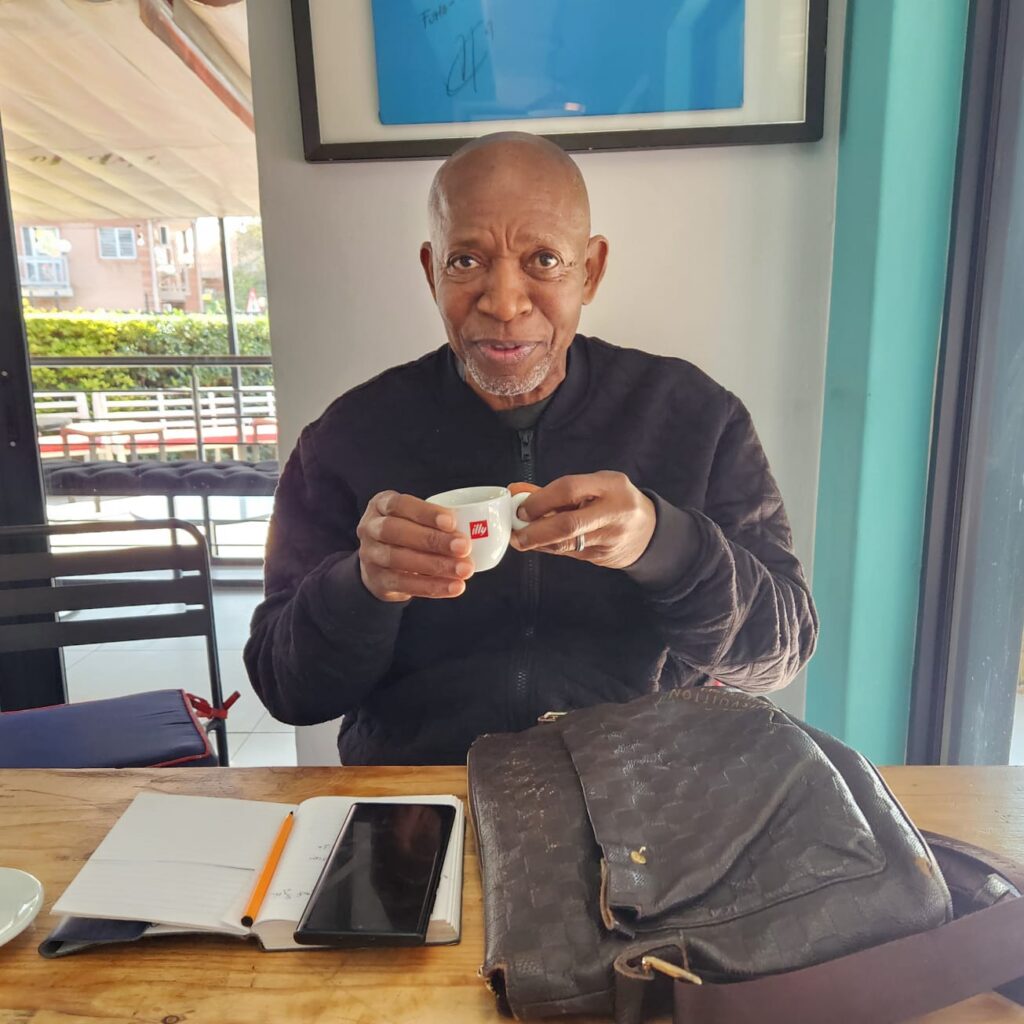 Former Mamelodi 1976 Student Activist Deacon Mathe
Former Mamelodi 1976 Student Activist Deacon Mathe
By Deacon Mathe
Former Mamelodi 1976 Student Activist
The student uprising of 21 June 1976 in the Pretoria townships of Atteridgeville and Mamelodi was a powerful local response to the broader national resistance that had begun a few days earlier in Soweto on the 16th June 1976.
It was sparked by the apartheid government’s directive that Afrikaans be used alongside English as the medium of instruction in black schools, the uprising was not merely about language—it was a direct challenge to the racist education system and the broader political oppression of African people in South Africa.
In Atteridgeville and Mamelodi, as in other black communities, students were subjected to a substandard education under the Bantu Education system, designed to keep them in positions of servitude.
The 1974 directive mandating Afrikaans as a medium of instruction in subjects like mathematics and social sciences was viewed as a final insult.
Afrikaans was widely seen as the language of the oppressor, the tongue of the apartheid regime, and its enforcement in black schools sparked outrage.
This was seen as a perpetuation of the white supremacy and indefinite power for white people against the majority of the black people and particularly the Africans.
Following the massacre of schoolchildren in Soweto on 16 June 1976, word spread quickly across the country.
Students in Pretoria’s townships, already angry and inspired by the bravery of their peers in Soweto, began organizing protest marches.
On 21 June, thousands of students from Mamelodi and Atteridgeville took to the streets in solidarity, demanding the removal of Afrikaans from their classrooms and calling for a transformation of the entire education system.
These marches were met with brutal force.
Police fired tear gas and live ammunition at unarmed students, resulting in death, injuries and arrests.
Nevertheless, the students refused to back down.
Many schools in the area were forced to shut down as the protests grew in momentum.
The community, including parents and local activists, rallied around the youth, understanding that their resistance was not just about language, but a rejection of apartheid’s entire system of racial domination.
The uprising in Pretoria played a critical role in expanding the 1976 rebellion beyond Soweto, proving that youth resistance was widespread, organized, and politically conscious.
It highlighted the deep resentment among black South Africans toward the apartheid regime and marked a new era of resistance, one in which the youth played a frontline role.
Although the government attempted to silence the uprising through repression, the events of June 1976, including those in Atteridgeville and Mamelodi, ignited a wave of activism that would spread across South Africa.
The courage of these students helped to expose the brutality of apartheid to the world and laid the groundwork for the mass resistance movements of the 1980s.
Today, the student uprisings in Atteridgeville and Mamelodi stand as a testament to the bravery of young people who, armed with nothing but their voices and convictions, dared to challenge an unjust system.
Their legacy lives on in the continued struggle for equitable education and dignity for all in South Africa.
Tshwane Talks readers have been able to read stories in this publication for free for over two years now. We still want our readers to access our stories for free, but we are asking those among our readers who can afford it to contribute at least R30 a month to cover some of the costs of publishing this independent, non-aligned online newspaper which gives a voice to all sectors of society irrespective of race, colour, creed, religion, or political affiliation. You may make your contribution by depositing at least R30 a month into Tshwane Talks' bank account. Details are as follows:
Bank Details
Bank: Standard Bank
Account Number: 10225548834
Account Type: Cheque Account